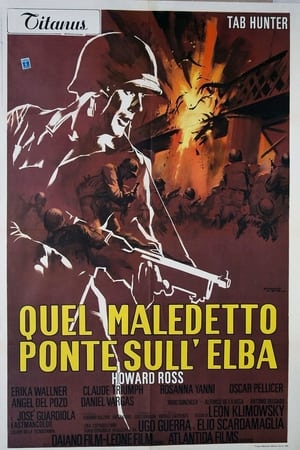
SAS and the Normandy Campaign: Operation Bulbasket(NaN)
This programme follows the deployment of the main body of the SAS, the Recces on targets, the raids carried out both by the SAS and the bombing attacks they called in. As the SAS created havoc to the railway system the Germans were hunting them down. Eventually by the use of torture and information by collaborators the Germans tracked them down to their camp near Verrieres. The majority of the SAS were killed or captured. Those captured were later murdered by the Germans.. Their actions tied up large numbers of Germans in guarding the railways and imposed a severe delay on the movements of the 2nd SS Pz Div to Normandy. A few brave men had an impact on the liberation of France out of all proportion to their numbers
Movie: SAS and the Normandy Campaign: Operation Bulbasket
Top 4 Billed Cast
Director and Presenter
Producer and Presenter
Presenter
Presenter

SAS and the Normandy Campaign: Operation Bulbasket
HomePage
Overview
This programme follows the deployment of the main body of the SAS, the Recces on targets, the raids carried out both by the SAS and the bombing attacks they called in. As the SAS created havoc to the railway system the Germans were hunting them down. Eventually by the use of torture and information by collaborators the Germans tracked them down to their camp near Verrieres. The majority of the SAS were killed or captured. Those captured were later murdered by the Germans.. Their actions tied up large numbers of Germans in guarding the railways and imposed a severe delay on the movements of the 2nd SS Pz Div to Normandy. A few brave men had an impact on the liberation of France out of all proportion to their numbers
Release Date
Average
0
Rating:
0.0 startsTagline
Genres
Languages:
EnglishKeywords
Similar Movies
 5.8
5.8The Good German(en)
An American journalist arrives in Berlin just after the end of World War Two. He becomes involved in a murder mystery surrounding a dead GI who washes up at a lakeside mansion during the Potsdam negotiations between the Allied powers. Soon his investigation connects with his search for his married pre-war German lover.
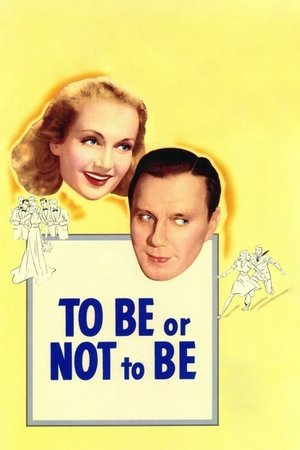 7.8
7.8To Be or Not to Be(en)
During the Nazi occupation of Poland, an acting troupe becomes embroiled in a Polish soldier's efforts to track down a German spy.
 6.9
6.9The Tin Drum(de)
Oskar Matzerath is a very unusual boy. Refusing to leave the womb until promised a tin drum by his mother, Agnes, Oskar is reluctant to enter a world he sees as filled with hypocrisy and injustice, and vows on his third birthday to never grow up. Miraculously, he gets his wish. As the Nazis rise to power in Danzig, Oskar wills himself to remain a child, beating his tin drum incessantly and screaming in protest at the chaos surrounding him.
 6.9
6.9Olympia: Part One – Festival of the Nations(de)
Commissioned to make a propaganda film about the 1936 Olympic Games in Germany, director Leni Riefenstahl created a celebration of the human form. This first half of her two-part film opens with a renowned introduction that compares modern Olympians to classical Greek heroes, then goes on to provide thrilling in-the-moment coverage of some of the games' most celebrated moments, including African-American athlete Jesse Owens winning a then-unprecedented four gold medals.
 6.7
6.7Olympia: Part Two – Festival of Beauty(de)
Commissioned to make a propaganda film about the 1936 Olympic Games in Germany, director Leni Riefenstahl created a celebration of the human form. Where the two-part epic's first half, Festival of the Nations, focused on the international aspects of the 1936 Olympic Games held in Berlin, part two, The Festival of Beauty, concentrates on individual athletes such as equestrians, gymnasts, and swimmers, climaxing with American Glenn Morris' performance in the decathalon and the games' majestic closing ceremonies.
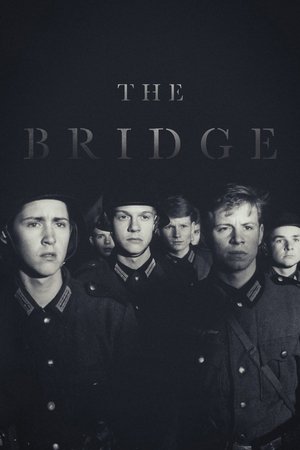 7.5
7.5The Bridge(de)
A group of German boys are ordered to protect a small bridge in their home village during the waning months of the second world war. Truckloads of defeated, cynical Wehrmacht soldiers flee the approaching American troops, but the boys, full of enthusiasm for the "blood and honor" Nazi ideology, stay to defend the useless bridge. The film is based on a West German anti-war novel of the same name, written by Gregor Dorfmeister.
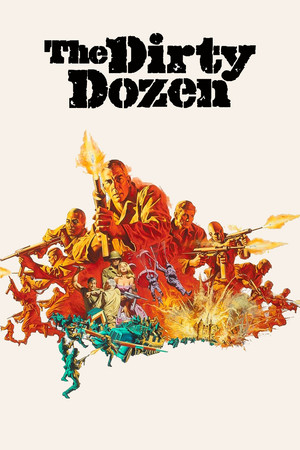 7.6
7.6The Dirty Dozen(en)
12 American military prisoners in World War II are ordered to infiltrate a well-guarded enemy château and kill the Nazi officers vacationing there. The soldiers, most of whom are facing death sentences for a variety of violent crimes, agree to the mission and the possible commuting of their sentences.
 6.6
6.62 or 3 Things I Know About Him(de)
What would your family reminiscences about dad sound like if he had been an early supporter of Hitler’s, a leader of the notorious SA and the Third Reich’s minister in charge of Slovakia, including its Final Solution? Executed as a war criminal in 1947, Hanns Ludin left behind a grieving widow and six young children, the youngest of whom became a filmmaker. It's a fascinating, maddening, sometimes even humorous look at what the director calls "a typical German story." (Film Forum)
 8.0
8.0Rome, Open City(it)
In WWII-era Rome, underground resistance leader Manfredi attempts to evade the Gestapo by enlisting the help of Pina, the fiancée of a fellow member of the resistance, and Don Pietro, the priest due to oversee her marriage. But it’s not long before the Nazis and the local police find him.
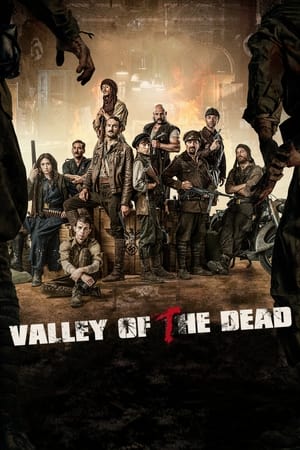 6.2
6.2Valley of the Dead(es)
During the Spanish Civil War, sworn enemies must work together when they encounter flesh-eating zombies created in a Nazi experiment.
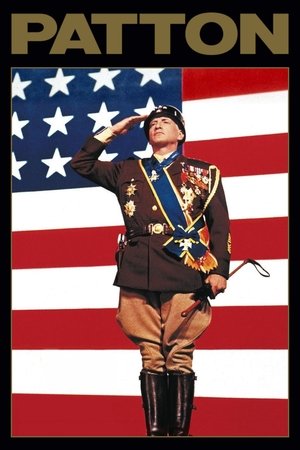 7.5
7.5Patton(en)
"Patton" tells the tale of General George S. Patton, famous tank commander of World War II. The film begins with Patton's career in North Africa and progresses through the invasion of Germany and the fall of the Third Reich. Side plots also speak of Patton's numerous faults such his temper and habit towards insubordination.
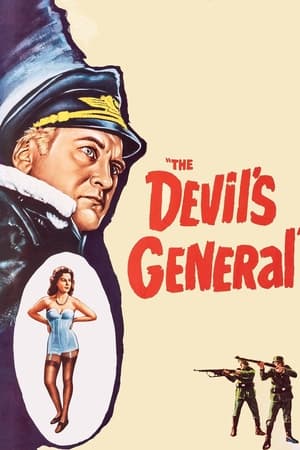 6.8
6.8The Devil’s General(de)
The adaptation of the eponymous play by Carl Zuckmayer tells the story of renegade general Harras of the German Luftwaffe, who during WWII openly criticizes the Nazi regime. As a consequence, he is put under surveillance, and even imprisoned for a brief period of time. Still remaining outspoken, Harras realizes the horrific dimensions of this hopeless and injust war waged by Germany.
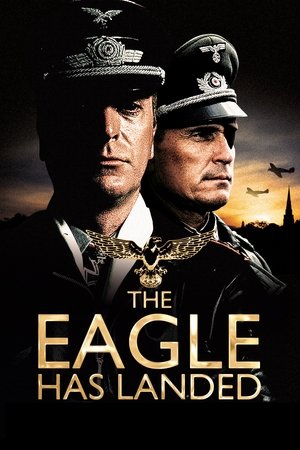 6.6
6.6The Eagle Has Landed(en)
When the Nazi high command learns in late 1943 that Winston Churchill will be spending time at a country estate in Norfolk, it hatches an audacious scheme to kidnap the prime minister and spirit him to Germany for enforced negotiations with Hitler.
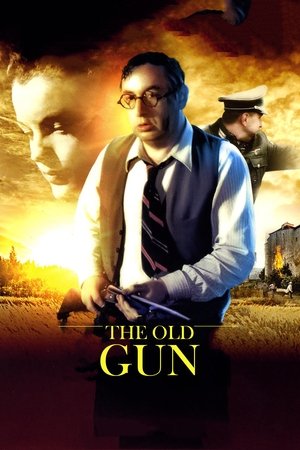 7.5
7.5The Old Gun(fr)
In Montauban in 1944, Julien Dandieu in a surgeon in the local hospital. Frightened by the German army entering Montauban, he asks his friend Francois to drive his wife and his daughter in the back country village where Julien has an old castle. One week later, Julien decided to meet then for the week end, but the Germans are already occupying the village.
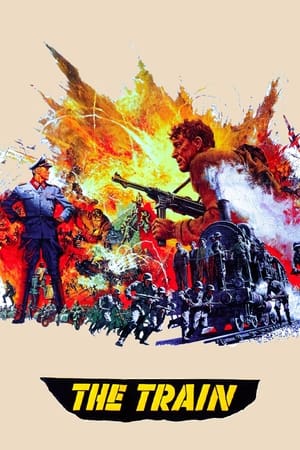 7.5
7.5The Train(en)
As the Allied forces approach Paris in August 1944, German Colonel Von Waldheim is desperate to take all of France's greatest paintings to Germany. He manages to secure a train to transport the valuable art works even as the chaos of retreat descends upon them. The French resistance however wants to stop them from stealing their national treasures but have received orders from London that they are not to be destroyed. The station master, Labiche, is tasked with scheduling the train and making it all happen smoothly but he is also part of a dwindling group of resistance fighters tasked with preventing the theft. He and others stage an elaborate ruse to keep the train from ever leaving French territory.
Leibstandarte-SS Adolf Hitler In Action(en)
Chronicles combat action of Hitler's elite bodyguard regiment from 1940 to 1941. From Rotterdam to Greece, German frontline cameramen captured footage of early victorious campaigns. Scenes of camp life and ceremonies convey an impression of the comradeship, pride, and elan of this mighty military formation.
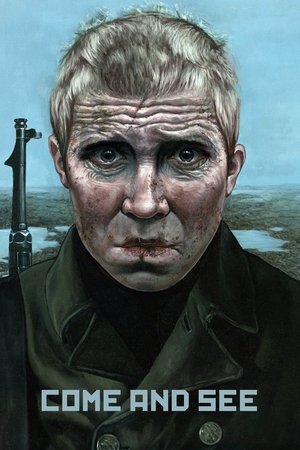 8.2
8.2Come and See(ru)
The invasion of a village in Byelorussia by German forces sends young Florya into the forest to join the weary Resistance fighters, against his family's wishes. There he meets a girl, Glasha, who accompanies him back to his village. On returning home, Florya finds his family and fellow peasants massacred. His continued survival amidst the brutal debris of war becomes increasingly nightmarish, a battle between despair and hope.
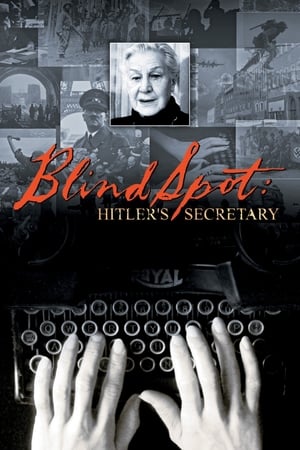 6.4
6.4Blind Spot: Hitler's Secretary(de)
Documentarians Andre Heller and Othmar Schmiderer turn their camera on 81-year-old Traudl Junge, who served as Adolf Hitler's secretary from 1942 to 1945, and allow her to speak about her experiences. Junge sheds light on life in the Third Reich and the days leading up to Hitler's death in the famed bunker, where Junge recorded Hitler's last will and testament. Her gripping account is nothing short of mesmerizing.
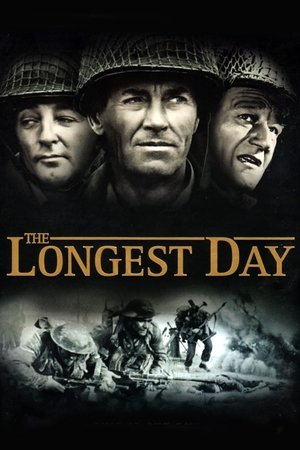 7.6
7.6The Longest Day(en)
The retelling of June 6, 1944, from the perspectives of the Germans, US, British, Canadians, and the Free French. Marshall Erwin Rommel, touring the defenses being established as part of the Reich's Atlantic Wall, notes to his officers that when the Allied invasion comes they must be stopped on the beach. "For the Allies as well as the Germans, it will be the longest day"
